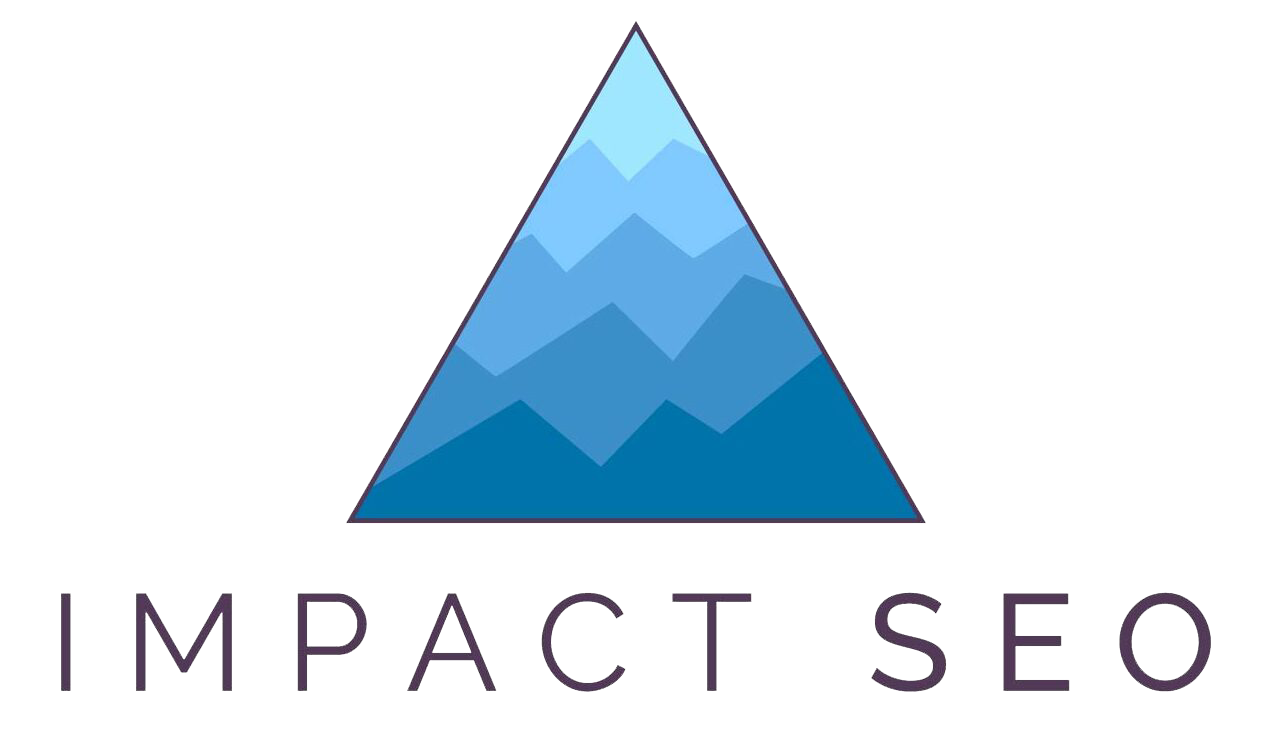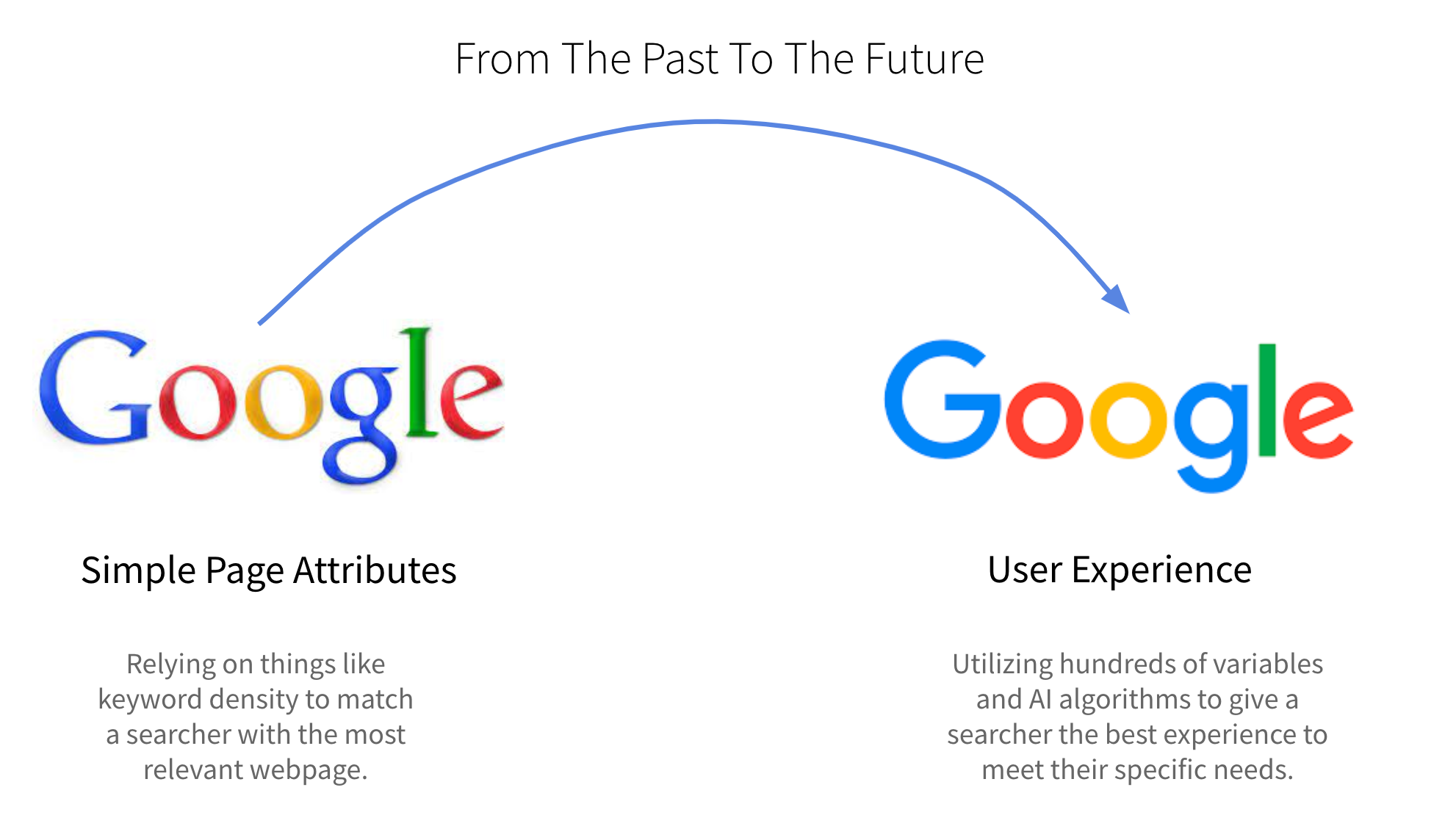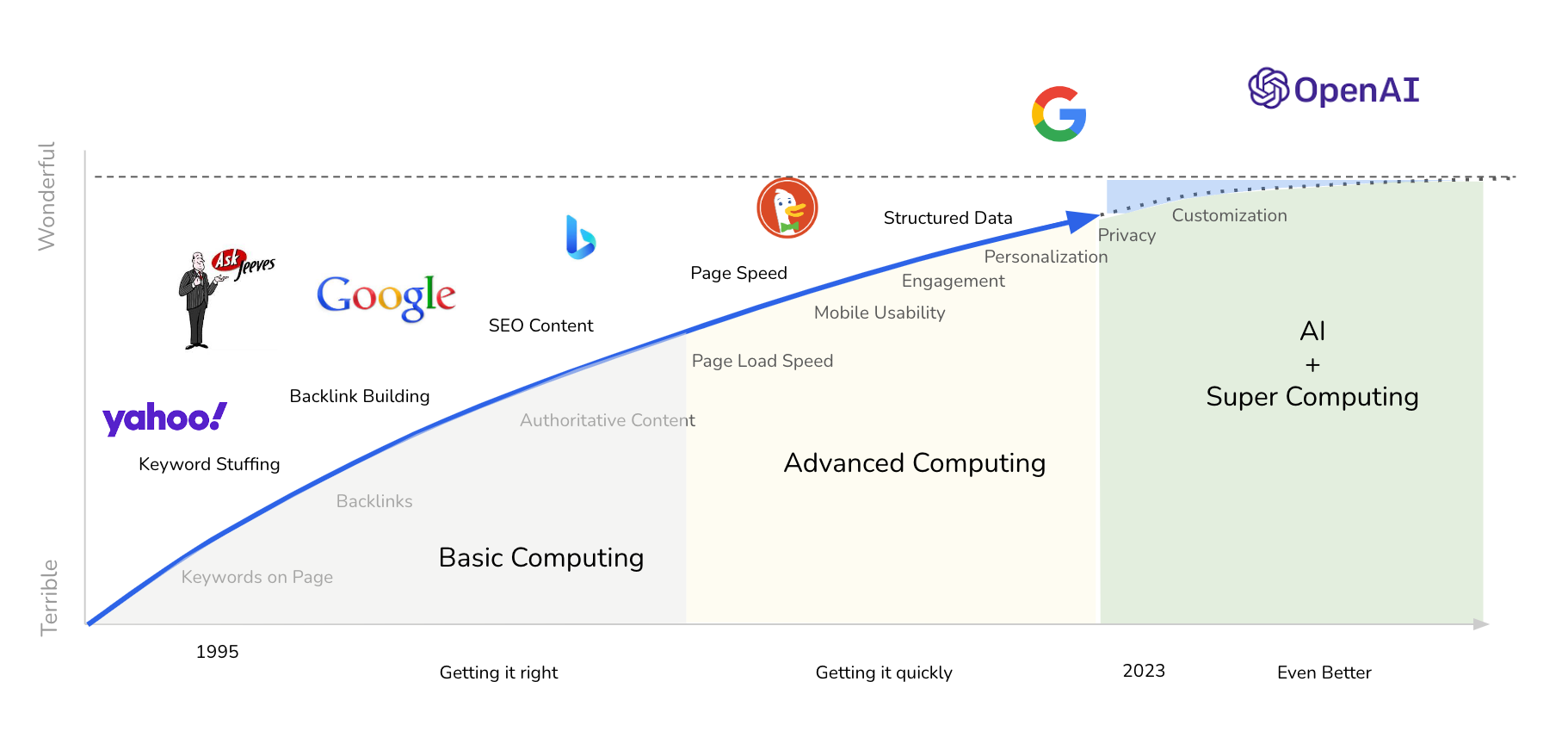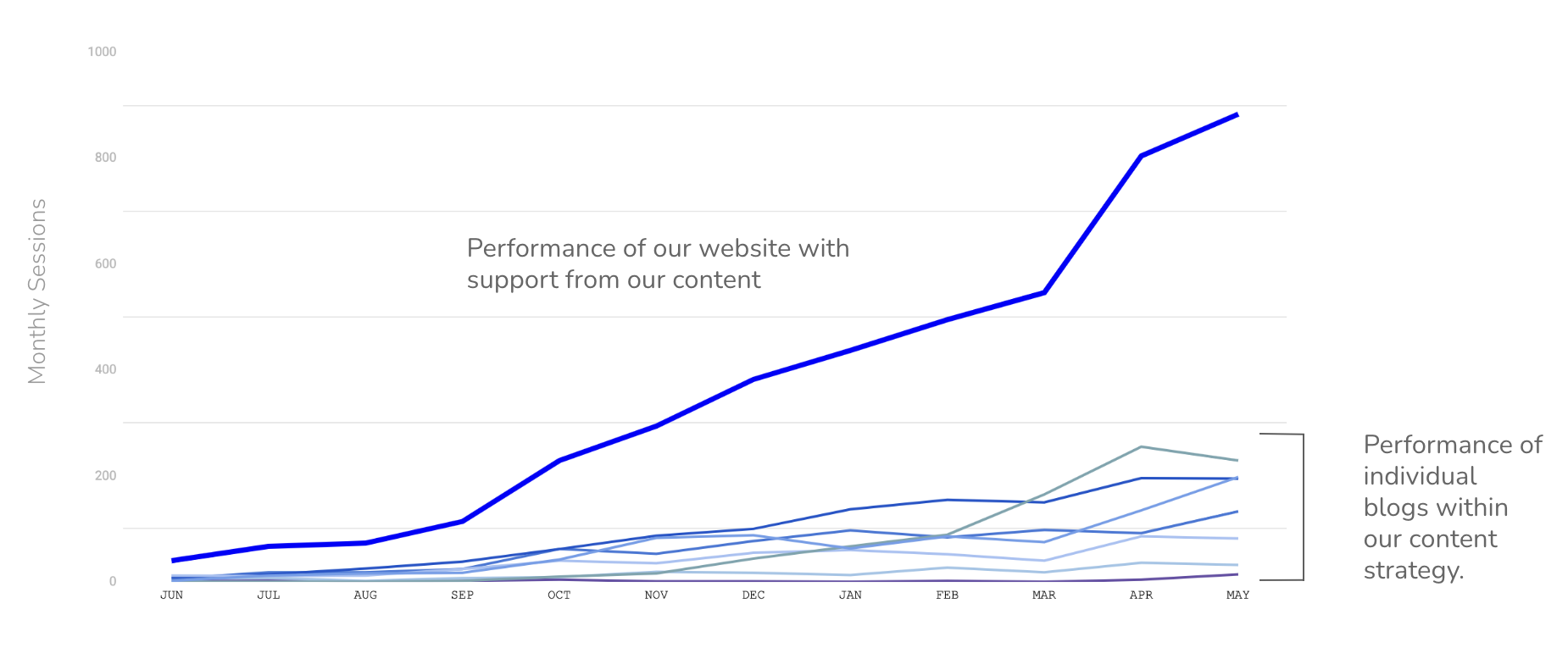If you know you need to improve your content marketing, but you feel constrained by budget…
Consider this strategy to get the same results for a fraction of the price.
The key to getting agency-level marketing results on a reasonable budget, is in understanding the basics about how successful content strategies work and how agencies work.
As an ex-agency owner, I’ve built countless content strategies and I know how agencies charge for their services.
Today, I’m going to explain how you can get the results you need without the exorbitant costs charged by digital agencies.
Here’s how it works:
The Winning Content Structure
To make a content strategy successful you need two things:
- Expert Planning
- Quality Execution
Part 1: Expert Planning
Clarity & Focus
Successful content strategies start with the end in mind.
They know what outcome they are trying to achieve and everything within the strategy supports that outcome. If your strategy is too broad or wanders off track, it will fall flat.
Being able to focus effort in the right areas requires experience and the ability to step back from the day-to-day to evaluate the big picture.
Marketing Foundation
Knowing the key components of a content strategy is critical to success.
You have to know who you are writing for, what drives them, and what their personal journey looks like. AND you need to organize it in a way that can be leveraged by everyone on your team (and any external freelancers).
The biggest mistakes that jeopardize success are 1) not understanding segments well enough and 2) not implementing a usable framework for quality standards.
Strategy
The strategy piece requires some out-of-the-box thinking + highly technical research.
Experience with different strategies within your industry or niche is a huge advantage. It’s also helpful to have someone who can see your organization from an objective point of view and approach the strategy as if in the shoes of your target audience.
If you are too close to your own cause, it can be difficult to see the forest for the trees.
Planning Risks
If you shortchange any of these three components you put yourself at high risk of a failed campaign. The stakes are high:
- Lost time
- Lost money
- Lost moral
The Cost of Planning
The planning stage is a one-time, very custom event. There are a lot of variables that go into planning which makes it hard to get right.
From the strategic thinking and foundation setup all the way down to the technical keyword research, this is a skilled area requiring a high level of expertise. You not only need years of experience in SEO and content marketing, you also need access to and ability to use advanced tools for research.
I can’t understate the importance of having a rock-solid plan.
If you are working from a sub-par plan, you’re risking several months or even years of hard work executing from the wrong plan, which means poor results, wasted time, and discouragement.
Planning Summary
What you’re paying for with an agency is:
- Expertise – Knowing how to build a strategy that supports the results you want.
- Experience – Knowing what works in specific situations.
- Organization – Having a team that works well together.
- Tools and Data – Owning and understanding tools to get the right data (and use it the right way).
One note about reputation: Beyond these core assets you may also be paying for reputation. If you’re working with a large, well-known marketing agency, you have to be clear with yourself that part of the cost is paying to use their name. There is nothing wrong with this. But be aware that the right to tell your team or your board of directors that you’re working with The Content Marketing Institute is a significant part of what you’re paying for.
Key Takeaways for The Planning Phase:
- You probably can’t and don’t want to do the planning piece on your own.
- Working with a big name marketing agency as opposed to a proven small team probably won’t add much value to your strategy.
Here’s where things get interesting…
Part 2: Quality Execution
While planning is done in spurts (can be once per quarter or once per year for each campaign), execution should be happening consistently on a day-to-day basis.
The time investment for execution is higher, therefore it accounts for more of the total cost of a campaign.
You can significantly reduce costs by executing the majority of a strategy on your own.
The two main execution pieces you will need are:
- Writing
- SEO
When completed with the same quality, the difference between an agency written article and an in-house written article is an upcharge on the work.
Executing On Your Own
It is important to be clear here: If you want to get the same quality as an agency writer, you need to set up the right framework on your end. This includes:
- Quality Standards – Defining and maintaining clear and effective quality standards.
- High Quality Writing – Understanding what high quality writing is and either hiring a highly qualified writer (more expensive) or training your team to write with high quality (less expensive).
- SEO Integration – Knowing enough SEO to be competitive.
- Quality Control – Having an internal quality check in place.
You can cut out 50% or more of the agency cost by taking these execution pieces in-house.
To execute properly you will need two key in-house roles and two support roles that can be outsourced.
What You Need In-House
Project Management
You need someone with enough time and experience to manage the moving pieces of content execution. A well organized person and a good team management platform (Asana, Teamwork, etc.) will be enough to make sure you execute with consistency.
Writing
You need someone to write. If you already have someone on your team who is an experienced writer you can up-level them with training. If not, you can hire a full or part-time writer based on your needs. You want to have someone dedicated to writing for you, not an article writing service.
Note: Train your writer on basic optimization to eliminate the need for a separate specialist.
QA / QC
You can have a dedicated part-time role for quality control and checks. Alternatively, you can have writers check eachother’s work, acting as editors; or you can have your dedicated project manager in this role.
What You Can Outsource to Freelancers
Technical SEO
Unless you’re big enough to have your own in-house SEO staff, you should have an expert help you with technical SEO. Making site changes without the guidance of an SEO expert puts you at risk of losing visibility in search engines.
Design
If you’re adding compelling visuals to your content (recommended), then get someone who is an expert at doing just that. Unless you’re producing a massive amount of content, it is unlikely that you need to have this person in-house. Paying for it through an agency will almost certainly be overpriced.
Important note on hiring: Many nonprofits employ interns or volunteers who are passionate about their cause. There is nothing wrong with this, but to execute at a competitive level you need your writers and managers to be experienced and dedicated. You’ll save time and money by having stable people in your key roles. You can still utilize volunteers and interns in support roles where recruiting, training and onboarding is less costly.
Execution Summary
What you’re paying for with an agency is:
- Quality Writing – A dedicated writer who learns your brand and knows how to write for digital mediums.
- Optimization – A writer or SEO expert who optimizes written content.
- Process Management – A project manager who makes sure deadlines are met.
You’re capable of taking this in house by hiring a few key roles (writing, managing, QC) and finding highly specialized freelancers for the other roles (technical SEO, design). You can, of course, build this entire team remotely with freelancers.
You can invest in and up-level your team through online training to get them to meet the quality standards needed for a successful campaign:
- Basic SEO Training
- Writing for Digital Mediums Training
Content Marketing for Nonprofits: Key Takeaways
If you’re trying to raise awareness and build trust for your organization online, you need to provide thoughtful and relevant information for your community.
Content marketing isn’t going away any time soon.
You can control how well you use content to further your cause. You can also control how much you pay to do it.
Key Takeaways for Nonprofit Marketers
- Get Clear On What’s Possible – You don’t need to write off content marketing because you believe it is too expensive. Digital communication is critical to growing support for your cause and it can be done for much less than you think.
- Get Results for (Much) Less – A little extra effort to set yourself up properly saves you a tremendous amount of money over the long run without sacrificing results.
- Work Smart – Identify what you can do internally (at a high quality) and what you need to get help with from an outside expert. The guide above is a great start. Every organization is different, so make sure you do a self evaluation and consider your needs.
If you have additional questions or need help navigating your next few moves, send me a message and let me know how I can help.
